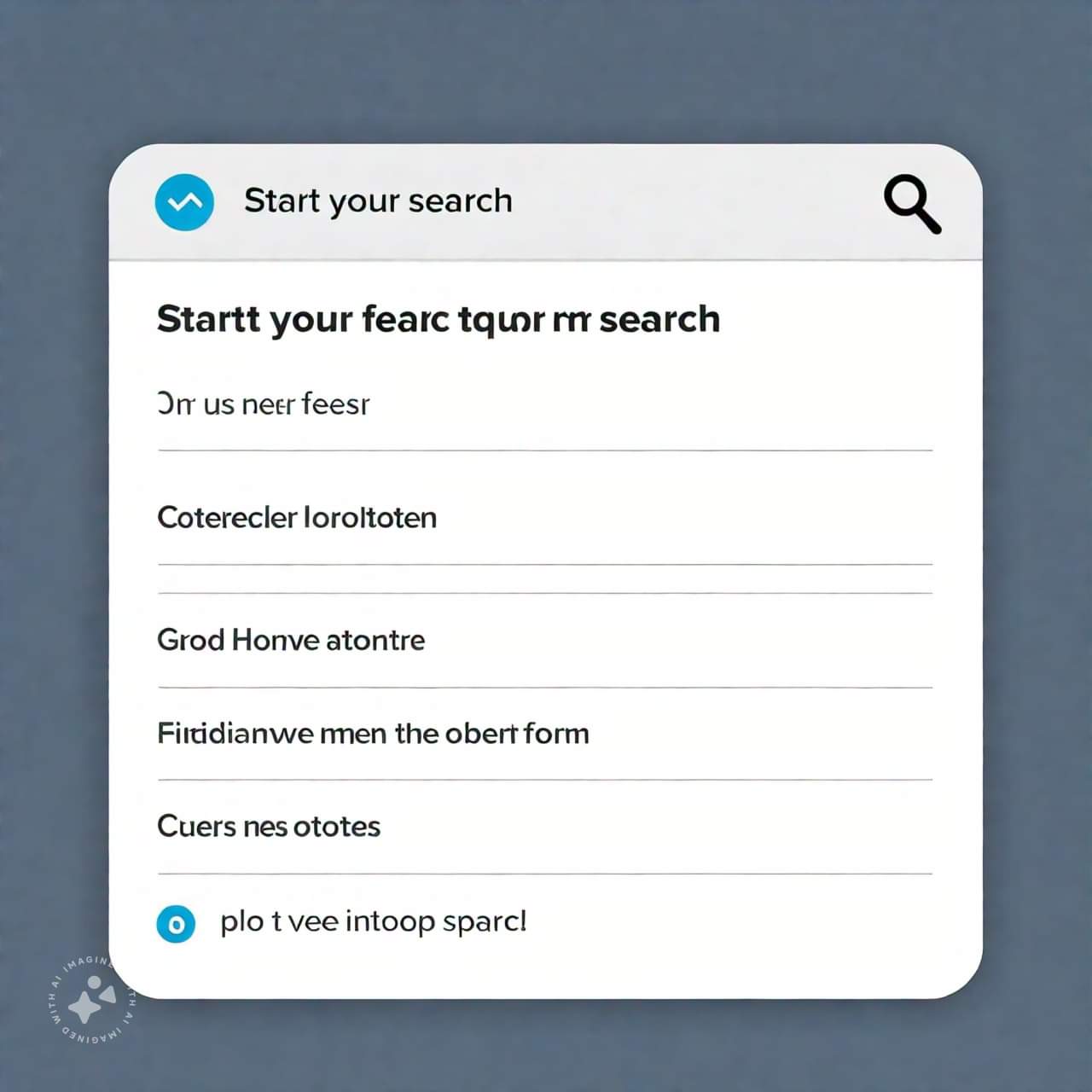15 Job-seeking platforms and Tips to Apply for Jobs in Canada
Job Application Guides: Tips for Applying for Jobs in Canada
Canada is a land of opportunity for professionals, students, and immigrants seeking to enhance their careers. Whether you’re a recent graduate, an experienced professional, or someone looking to start fresh, understanding the nuances of applying for jobs in Canada is crucial. This comprehensive guide walks you through crafting an impressive resume, writing compelling cover letters, and utilizing job-seeking platforms effectively to land your dream job.
Understanding the Canadian Job Market
Before diving into the technicalities of applications, it’s essential to grasp the dynamics of the Canadian job market. Key industries driving employment include:
- Healthcare
- Technology and IT
- Construction and Skilled Trades
- Education
- Natural Resources and Mining
Additionally, cities like Toronto, Vancouver, and Calgary are known for diverse job opportunities, while provinces such as Alberta and Saskatchewan are recognized for their demand in specific sectors like oil and agriculture.
Crafting the Perfect Canadian Resume
The resume is the cornerstone of any job application. In Canada, resumes are concise and tailored to specific job roles. Here’s how to craft a winning resume:
1. Format and Structure
Canadian employers prefer a reverse-chronological format. This style emphasizes your most recent experience at the top. Key sections include:
- Contact Information
Include your full name, phone number, professional email address, and LinkedIn profile. - Professional Summary
A two-to-three-sentence snapshot highlighting your skills, achievements, and career goals. - Work Experience
List your experiences starting from the most recent. Focus on achievements and quantify results where possible. For instance:
“Increased team productivity by 30% through the implementation of streamlined project management tools.” - Education
Include degrees, certifications, and relevant coursework. - Skills
Tailor this section to the job description. Use action-oriented language like “proficient in,” “experienced with,” or “certified in.”
2. Tailoring Your Resume
One size doesn’t fit all. Tailor your resume for each application by aligning your skills and experiences with the job description. Use keywords from the job posting to pass Applicant Tracking Systems (ATS).
3. Design and Presentation
- Stick to clean, professional fonts like Arial or Times New Roman.
- Use bullet points for clarity.
- Keep the document to one or two pages unless applying for academic or executive roles.
Writing a Winning Cover Letter
A cover letter complements your resume by offering a deeper insight into your qualifications and personality.
1. Start with a Strong Opening
Address the hiring manager by name, if possible, and introduce yourself with enthusiasm. Example:
“Dear Ms. Johnson, I am excited to apply for the Marketing Coordinator position at XYZ Company, as it aligns perfectly with my expertise in digital marketing and analytics.”
2. Showcase Your Fit
Use the body to highlight how your skills, achievements, and career aspirations align with the company’s needs. Always back claims with evidence:
“During my tenure at ABC Corp, I spearheaded a social media campaign that increased engagement by 50%.”
3. Close with Confidence
End with a strong call to action:
“I would welcome the opportunity to discuss how my expertise can contribute to your team’s success. Thank you for considering my application.”
4. Dos and Don’ts
- Do keep it concise (one page maximum).
- Don’t repeat your resume verbatim.
- Do proofread for typos and grammatical errors.
Navigating Job-Seeking Platforms in Canada
Canada offers a wealth of job-seeking platforms to streamline your search. From general job boards to industry-specific sites, these platforms play a critical role in connecting you with potential employers.
1. Top Job-Seeking Platforms in Canada
- Indeed Canada
Known for its extensive listings and user-friendly interface, Indeed allows you to filter jobs by industry, location, and salary. - LinkedIn
More than a job board, LinkedIn is a networking powerhouse. Optimize your profile and engage with industry professionals to enhance visibility. - Glassdoor
Apart from job listings, Glassdoor provides company reviews, salary insights, and interview tips. - Workopolis
A platform tailored for Canadian job seekers, featuring a mix of roles from various industries. - Job Bank (Government of Canada)
A trusted source for federal job listings and resources for newcomers.
2. Industry-Specific Platforms
- Tech: AngelList, TechJobs Canada
- Healthcare: HealthCareers Canada
- Construction: ConstructionJobs.ca
3. Optimizing Your Profile on Job-Seeking Platforms
- Use professional headshots and updated profiles on LinkedIn.
- Incorporate industry-specific keywords to improve visibility.
- Engage with relevant posts and groups to build your network.
Networking: A Hidden Gem
Many jobs in Canada are filled through networking rather than traditional applications. Build and nurture professional connections through:
- Networking Events
Attend industry-specific meetups, conferences, and webinars. - Alumni Networks
Reconnect with university peers and professors who might have job leads. - Social Media
Platforms like LinkedIn and Twitter can be leveraged for professional engagement.
Preparing for Interviews
Landing an interview is a significant milestone. To stand out, follow these tips:
1. Research the Company
Understand the company’s mission, values, and recent achievements. This knowledge reflects genuine interest and helps tailor your responses.
2. Practice Common Questions
Prepare for standard questions like:
- “Tell me about yourself.”
- “Why do you want to work here?”
- “Can you describe a challenge you faced and how you resolved it?”
3. Prepare Your Questions
Impress employers by asking insightful questions about the role or company.
4. Dress for Success
Adopt a business-casual or formal attire depending on the company culture.
Additional Resources for Job Seekers in Canada
- Immigrant Services
Organizations like YMCA and ACCES Employment assist newcomers with job readiness training and placement. - Career Fairs
Events organized by universities and local communities provide direct access to recruiters. - Professional Associations
Membership in associations like Engineers Canada or the Canadian Marketing Association enhances credibility and offers networking opportunities.
Common Pitfalls to Avoid
- Generic Applications
Employers can spot generic resumes and cover letters. Always tailor your application. - Ignoring Application Instructions
Follow specific instructions mentioned in job postings. - Neglecting Follow-Ups
Send a polite email to thank interviewers and reiterate your interest.
Conclusion
The Canadian job market is competitive but filled with opportunities for those prepared to navigate it strategically. By crafting a tailored resume, writing compelling cover letters, and leveraging job-seeking platforms, you increase your chances of landing the ideal job. Combine these efforts with diligent networking and interview preparation, and you’ll be well on your way to career success in Canada.





